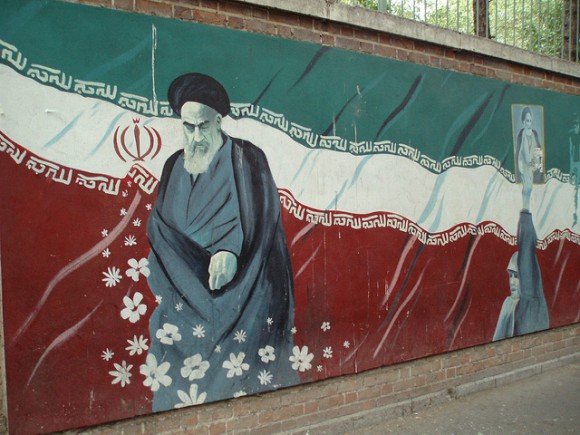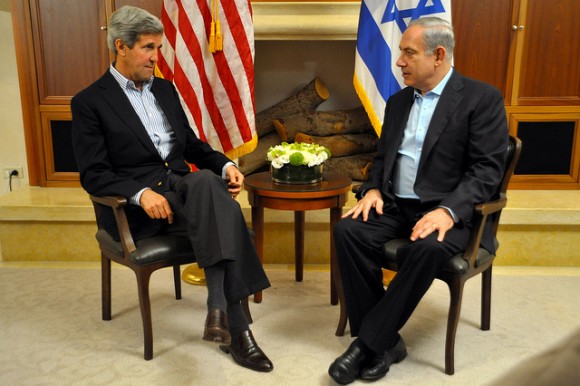At the Pike County Justice Court in Mississippi, Judge Aubrey Rimes expelled Mr. Jageet Singh from the courtroom, telling his attorney that he’d better remove “that rag” (his turban) from his head or go to jail.
That sounds bad enough, right? But how’d he get into the courtroom to begin with? The ACLU with the details:
Today, in a letter to the Mississippi Department of Transportation (MDOT), the ACLU and United Sikhs called on state officials to investigate the harassment of a Sikh commercial truck driver pulled over early this year for a flat tire. After detaining Mr. Jageet Singh in January as he passed through Mississippi, the officers called him a “terrorist” and harassed and humiliated him because of his appearance and religious beliefs. As a devout Sikh, Mr. Singh wears a turban and carries a kirpan. A kirpan is a small, spiritual sword that is sheathed and sewn to the waistband. It is designed and worn as an article of faith, much as a cross is worn by devout Christians.
Contending, wrongly, that his kirpan was illegal, the officers demanded that Mr. Singh remove it. When Mr. Singh explained that he was a Sikh and that the kirpan was a sacred religious article, the officers laughed at him and mocked his religious beliefs. One officer declared that all Sikhs are “depraved” and “terrorists.” They continued to taunt him, and forced Mr. Singh to circle his truck with his hands on his turban while they searched the vehicle. Finally, not content with this humiliation, they arrested him, claiming that Mr. Singh had refused to obey an officer’s lawful command.
Emphasis mine.
I’m guessing the cops and the judge mistook Mr. Singh for a Muslim? Anyways, it doesn’t matter. He looks funny and, plus, 9/11 happened so we get to harass and humiliate anyone we feel like calling a “terrorist.”
United Sikhs is also representing Mr. Singh. Here is an excerpt from their “Right to Turban” page:
Since September 11, the world has been gripped by fear such that many minority communities, including the Sikh community, have suffered a backlash through mis-information and ignorance. The first reprisal killing after Sept 11 was of a Turban wearing Sikh in Arizona, who was mistaken as belonging to the group which perpetrated the 9/11 incident. Sikhs due to their unique appearance have since been a target of hate and bias crime and discrimination. Every week, UNITED SIKHS receives reports from Sikh adults and children who are victims of race/biased/hate crimes and from those being denied their rights to practice their religion. A Sikh’s right to wear his articles of faith has been challenged in schools, the workplace, Prisons and other public places. Sikhs suffer increased harassment at airports because they wear the Turban. UNITED SIKHS provides advice, counsel and legal representation to those whose legal rights are being denied by errant and mis-informed authorities and the public. A critical aspect of UNITED SIKHS’ advocacy work is to create an awareness of the issues amongst authorities and the public through talks, seminars and multifaith events.







